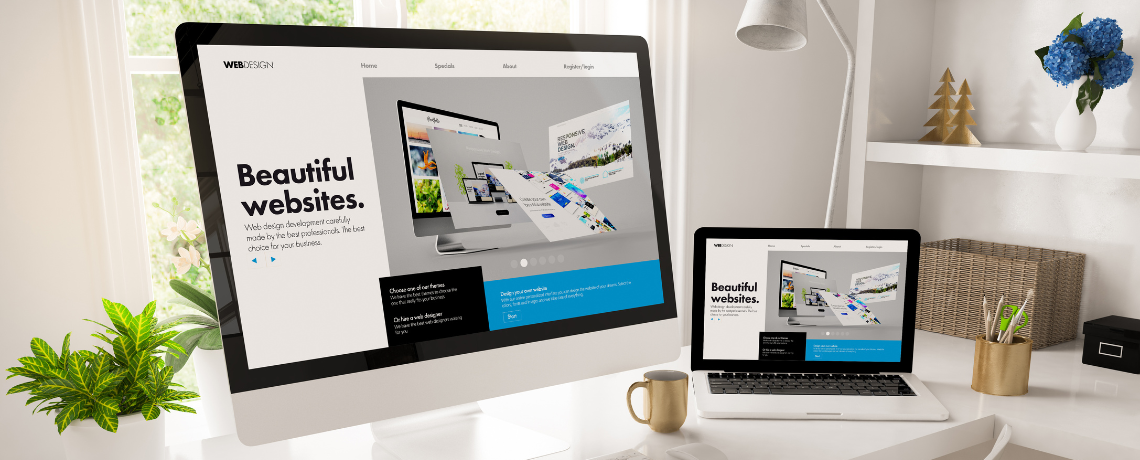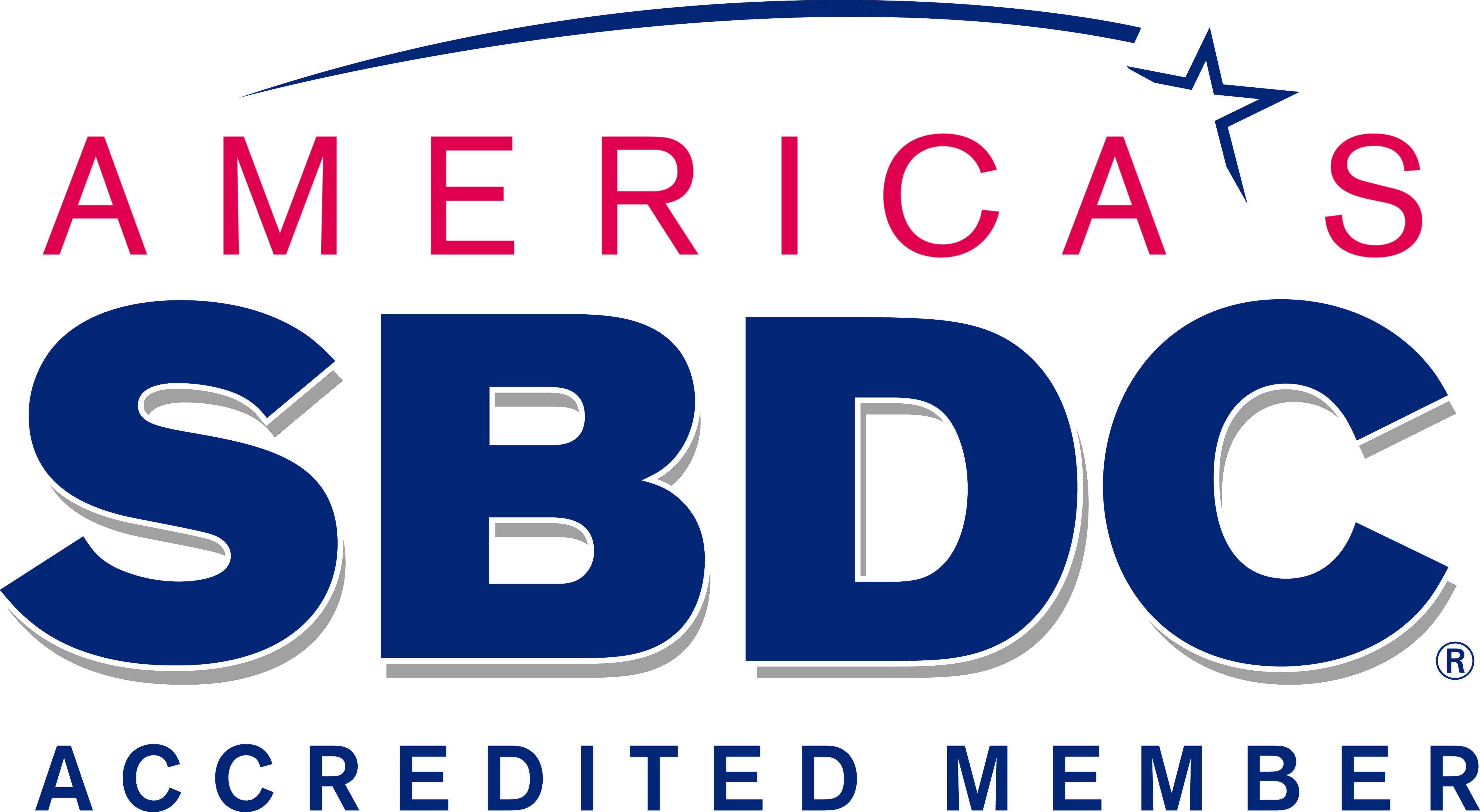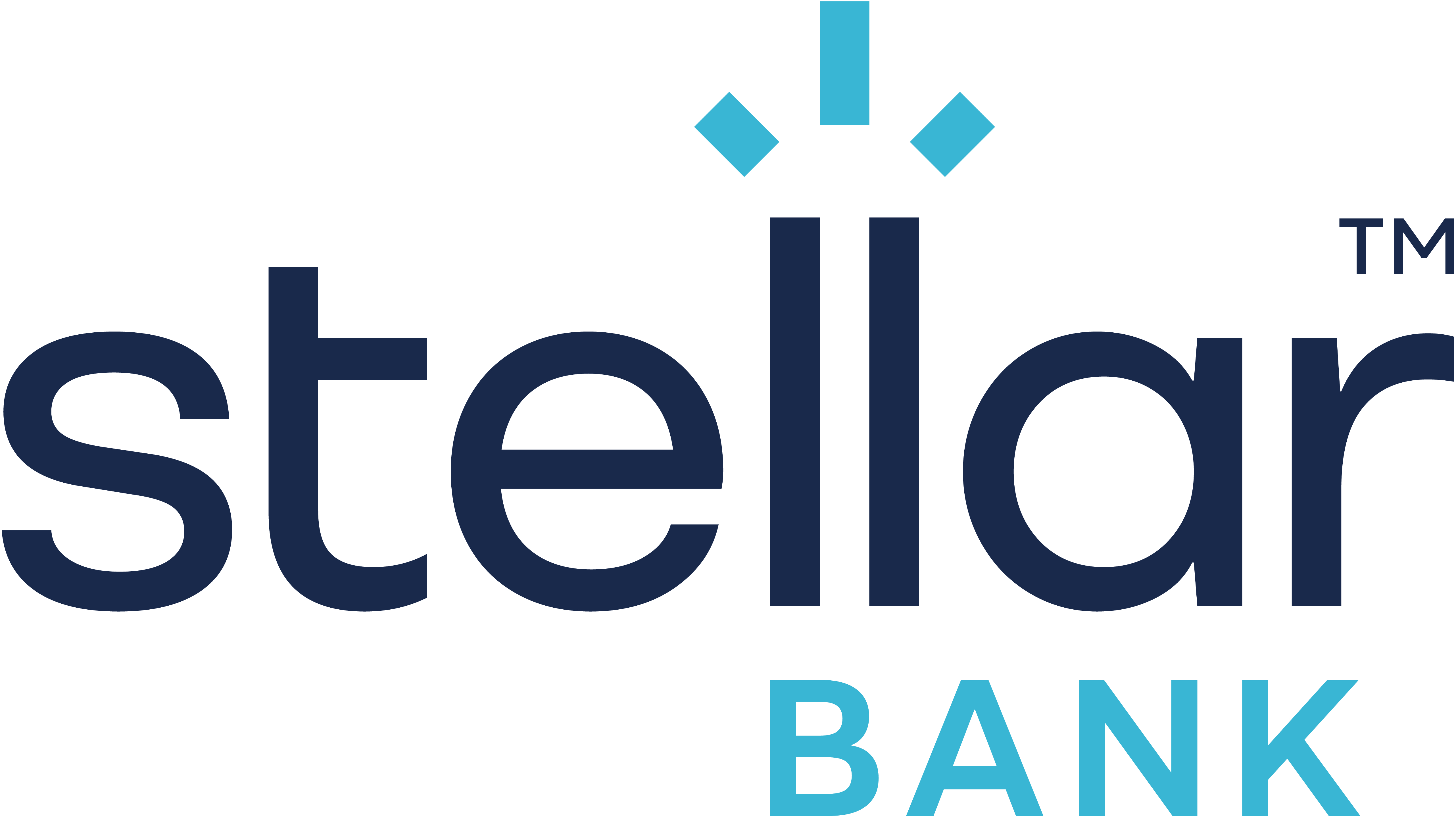6 Tips for Choosing a Website Platform for a Startup

By: Aries Payne with Guest Author Myra Corrello, SBDC Marketing Specialist
You picked a memorable name for your small business, finalized your product or service offerings, and have a great, eye-catching logo—now what? Well, if you’re ready to start receiving orders or booking clients, you’ll need a website for your startup. Even if you’re a new business, having a website will not only help you showcase your brand but also build credibility, boost visibility online, and generate leads and sales.
Creating a website without an HTML background may seem daunting, but fortunately, there are plenty of site-building platforms, from WordPress and Wix to Weebly and Shopify, designed to simplify most of the process for you. That said, how do you go about choosing the right one for your new business? Here are six tips to consider:
1. Start with Strategy—Not Tech
Before choosing a platform, it is essential to understand the role your website will play. Is it simply an online brochure? A lead generator via landing pages? A full-scale e-commerce site? The platform should align with both short-term goals and long-term scalability.
2. Use AI as a Discovery Tool
AI is increasingly becoming a useful tool for small businesses, particularly when it comes to research. Have a detailed conversation with ChatGPT or Google Bard. Share your business type, tech comfort level, desire for DIY updates, and future marketing goals.
After giving it everything you can think of in the query, ask the AI one final question before hitting Enter: “What else do you need to know to give me the best recommendation?” The follow-up questions it gives you will sharpen your own clarity before you even start comparing website platforms.
3. Ask Industry Peers for Input
Ask trusted business owners in your industry what website platforms they use—and what they love or hate about them. Their real-world experience can highlight pitfalls that don’t show up in marketing materials.
4. Don’t Default to Your Domain Registrar
Just because your URL provider offers a “one-click” builder or a free or discounted site setup doesn’t mean it’s the best long-term solution. Countless business owners get locked into platforms with poor design flexibility and limited SEO control. That said, you should choose the right website tool for your startup, not the most convenient one.
5. Consider Future Updates
Whatever platform you choose, make sure that you or someone on your team can easily make quick changes—like updating business hours, adding testimonials, or posting blogs. SEO depends on regular updates, so if you can’t update your website easily, you’ll fall behind quickly.
6. Don’t Mistake Web Design for Marketing Strategy
Many business owners assume a web designer will “make it all work,” but most developers are focused on execution, not conversion. Invest at least one hour with a marketing specialist before web development begins. That one step can dramatically improve layout, copy flow, and customer experience—and ultimately, how well your website performs.
Still unsure which website building platform is best for your small business, or want to ensure your new site is optimized? Schedule a no-cost appointment to connect with one of our Marketing Business Specialists for website design and development help today.







